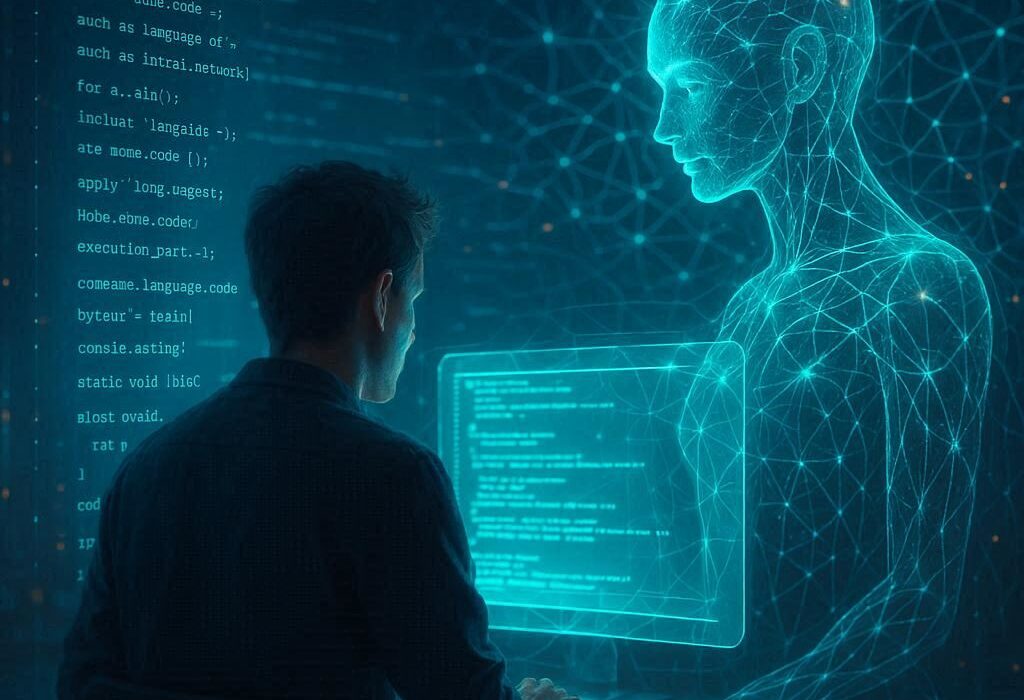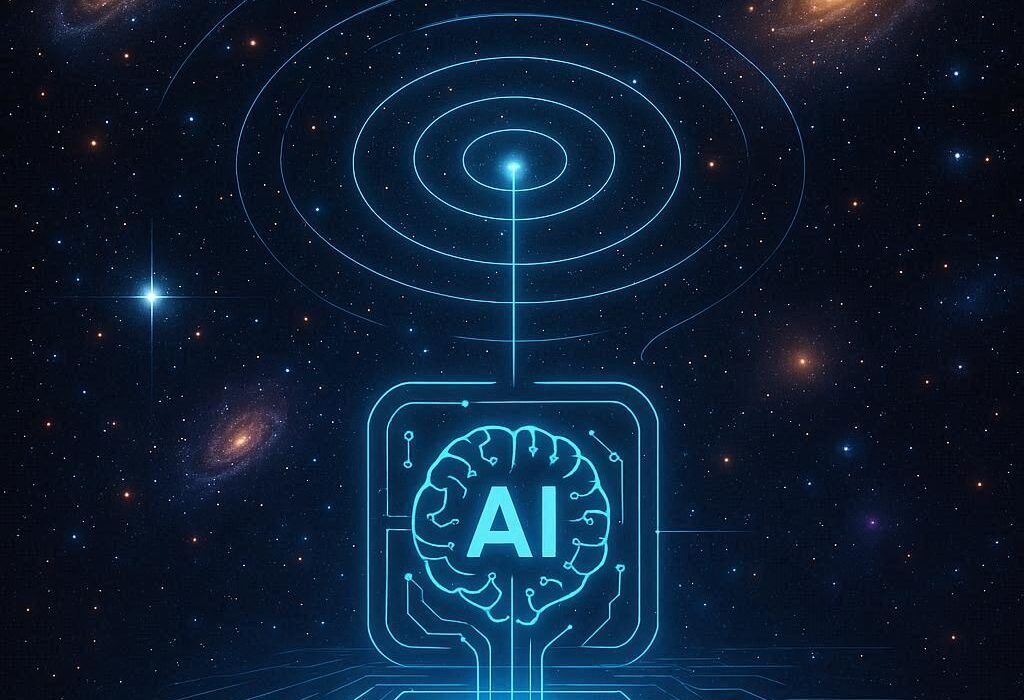For decades, the human mind has stood as the ultimate problem-solving engine, capable of abstract reasoning, imagination, and invention. From the great mathematical proofs of Euclid to the cryptography of modern digital communication, human intelligence has continuously expanded the frontier of knowledge. Yet, there exist problems so vast, so entangled in layers of complexity, that even our most brilliant minds cannot fully unravel them. Enter quantum computing—a revolutionary paradigm that promises not merely to enhance human computational abilities but to transcend them, tackling challenges once thought eternally beyond reach.
Quantum computers are not simply faster versions of classical computers. They operate in a realm that defies intuition, exploiting the principles of quantum mechanics—the counterintuitive rules that govern the subatomic world. In this strange domain, particles can exist in multiple states simultaneously, and entangled systems can instantaneously affect each other across distances. Harnessing these phenomena, quantum computers perform calculations in ways that classical machines cannot mimic, exploring an immense landscape of possibilities in parallel rather than sequentially. This is why scientists and technologists wonder: could quantum computers solve problems humans never will?
From Classical to Quantum
Traditional computers, the devices that have reshaped human civilization over the past half-century, operate using bits. Each bit represents either a zero or a one, forming the basis of all computation. Through the clever arrangement of these bits, computers perform calculations, simulate environments, and model complex systems. Yet, as powerful as they are, classical computers face inherent limitations. Some problems, particularly those classified as NP-hard or NP-complete, grow exponentially in difficulty as their scale increases. Even with vast supercomputers, solving these problems can be impractical, taking millions of years for scenarios that expand only slightly beyond what we currently model.
Quantum computers, however, introduce qubits, which can exist simultaneously in both zero and one states due to a phenomenon called superposition. Unlike classical bits, which are like light switches firmly in one position, qubits are more akin to dimmers capable of occupying a continuum of states. This allows a quantum system to represent and manipulate an astronomical number of possibilities at once. Entanglement further enriches this computational landscape, creating correlations between qubits that classical systems cannot replicate. When combined, superposition and entanglement allow quantum computers to explore complex problem spaces at a scale unattainable by human reasoning or classical algorithms.
The Quantum Advantage
The promise of quantum computing lies in what scientists call “quantum advantage” or “quantum supremacy”—the point at which a quantum machine can perform a task that no classical computer could realistically achieve. This does not mean that quantum computers are superior in every domain. They are not meant to replace laptops or servers for everyday applications like word processing or browsing. Instead, they excel at specific types of problems, particularly those involving vast combinatorial spaces, optimization, and simulations of quantum systems themselves.
Consider, for instance, the challenge of simulating molecules and chemical reactions. The complexity of these systems grows exponentially with the number of atoms involved. Classical computers quickly reach limits, as the calculations required to account for every possible electron configuration become astronomical. Quantum computers, however, can naturally model these systems using qubits to represent quantum states directly. This capability could revolutionize fields like drug discovery, materials science, and climate modeling, allowing humans to design molecules or predict interactions that would be impossible to comprehend fully without quantum computation.
Beyond Human Intuition
One of the most fascinating aspects of quantum computing is its potential to reach beyond human intuition. The human brain, for all its creativity, is limited by the architecture of neurons and synapses, constrained by the linearity of conscious thought and the speed of chemical and electrical signaling. Complex systems with millions or billions of interacting components, such as large-scale weather systems, protein folding, or financial markets, often behave in ways that defy prediction or comprehensive understanding. We may grasp trends, identify patterns, and construct models, but the complete space of possibilities remains forever beyond our cognitive reach.
Quantum computers, by leveraging parallelism inherent in quantum mechanics, can explore these vast spaces simultaneously. A single well-constructed quantum algorithm can evaluate countless scenarios at once, identifying solutions or approximations that human reasoning alone could never achieve. In this sense, quantum computers are not merely faster calculators—they are explorers of realms of possibility entirely inaccessible to the human mind.
This raises profound philosophical questions. If quantum machines can solve problems in ways humans cannot intuitively comprehend, what does it mean for knowledge itself? Is understanding the solution the same as discovering it? In domains such as cryptography, quantum computers could break codes that have protected information for decades, revealing answers without offering humans any intuitive route to them. Here, knowledge becomes something computed rather than reasoned—a concept as unsettling as it is exhilarating.
Real-World Implications
The potential of quantum computing extends far beyond theoretical musings. Industries from pharmaceuticals to aerospace, from finance to cybersecurity, stand on the brink of transformation. Drug discovery, for example, depends on understanding how molecules fold and interact. Classical simulations can only approximate these interactions, often missing critical subtleties. Quantum computers could model entire proteins or chemical reactions precisely, suggesting treatments or materials that would remain hidden to human researchers for generations.
In optimization, quantum algorithms can tackle challenges like supply chain management, traffic flow, or energy distribution in ways classical systems cannot. These are problems involving countless variables and constraints, where human planners often rely on heuristics or partial simulations. Quantum computers could explore the full landscape of solutions, identifying options that balance efficiency, cost, and sustainability in unprecedented ways.
Cryptography is another domain set for dramatic change. Many encryption schemes rely on the difficulty of factoring large numbers—a task trivial for humans to understand but nearly impossible to compute efficiently with classical methods. Quantum computers, using algorithms such as Shor’s algorithm, could factor these numbers rapidly, rendering many existing security systems obsolete. Humanity may then face the necessity of developing new cryptographic approaches, adaptive to the computational realities of a quantum future.
The Limits of the Human Mind
While quantum computing promises to extend human capability, it also underscores our cognitive limitations. There are problems whose complexity is not merely inconvenient but fundamentally incomprehensible to our linear, sequential minds. Protein folding, climate modeling, or global economic simulations often involve so many interacting variables that no single human, or even collective human effort, can grasp the full system. We can observe, measure, and approximate, but the sheer combinatorial explosion leaves a horizon we cannot cross.
Quantum computers do not merely bypass this horizon; they operate in a space where the horizon is irrelevant. By simultaneously evaluating vast superpositions of possibilities, quantum algorithms can uncover patterns and solutions that remain invisible to us. Here lies the extraordinary potential: human reasoning may never follow the steps of a quantum solution, yet the solution itself could be real, verifiable, and applicable.
This challenges traditional notions of understanding and mastery. Humanity has long equated intelligence with comprehension. But in a world shaped by quantum computing, success may be measured by application rather than understanding. We may leverage insights generated by machines in domains we cannot fully perceive, making decisions informed by results we cannot intuitively explain. The boundary between human cognition and computational cognition becomes fluid, and the question arises: can we trust answers we cannot fully comprehend?
Ethical and Philosophical Dimensions
The prospect of quantum computers solving problems beyond human reach carries profound ethical and philosophical implications. As we build machines capable of exploring realities inaccessible to our intuition, we must confront the question of control. How do we ensure that these machines serve human interests rather than act in ways that could be harmful or unpredictable?
The potential for misuse is considerable. Quantum computing could break encryption, destabilize financial systems, or reveal sensitive biological data. It may also create asymmetric technological power, where nations or corporations with quantum capability gain unprecedented influence. Ensuring that these tools are deployed responsibly requires foresight, governance, and a deep appreciation of both the power and the opacity of quantum solutions.
Philosophically, quantum computing challenges the very concept of human uniqueness. If intelligence is defined by problem-solving and the discovery of patterns, machines that operate beyond our comprehension force a reevaluation of what it means to be intelligent. Humans may no longer occupy the apex of cognitive capability in certain domains, prompting reflection on our place in a universe increasingly explored by minds other than our own.
The Road Ahead
Despite the promise, quantum computing remains in its infancy. Building stable, error-resistant qubits is extraordinarily challenging, as quantum systems are highly sensitive to environmental noise. Scientists work tirelessly on quantum error correction, fault-tolerant architectures, and scalable designs, yet the technical hurdles are formidable. The dream of a universal quantum computer capable of solving problems beyond human reach is still a work in progress, but incremental progress is remarkable.
Already, companies and research institutions are demonstrating quantum simulations, small-scale optimization, and specialized applications that classical computers struggle to handle. As these machines grow more capable, the boundary between the solvable and the unsolvable will shift, expanding human capacity in ways both tangible and intangible.
The interplay between human intuition and quantum exploration will define the coming era. Humans will guide, interpret, and apply quantum results, even when the internal logic of those results remains beyond our comprehension. In essence, quantum computers become partners in discovery, exploring landscapes we cannot fully map but whose treasures we can harvest.
A Future Beyond Human Limits
Could quantum computers solve problems humans never will? The evidence suggests that they could. They operate in a domain that transcends human intuition, exploring possibilities that our brains cannot grasp. They offer solutions to problems whose scale and complexity render them inaccessible to traditional reasoning. And yet, the power of quantum computing does not diminish humanity—it amplifies it. By extending our reach, revealing patterns we cannot perceive, and enabling applications that transform society, these machines act as extensions of human curiosity and creativity.
The ultimate legacy of quantum computing may be the expansion of our imagination. Problems once considered intractable may become solvable, and solutions may arrive in forms our minds cannot fully follow. We may never “understand” every answer in a classical sense, yet we can use them to heal, to innovate, and to build a world beyond the limits of our individual cognition. In that sense, quantum computers are not threats to human ingenuity—they are its most audacious expression, daring us to envision a future where the boundaries of knowledge are no longer constrained by the limits of our own minds.
In the end, the relationship between humans and quantum computers is not merely one of utility; it is a profound dialogue between consciousness and the fundamental rules of reality. As we journey further into this quantum frontier, we confront the possibility that the universe holds solutions beyond our comprehension—but that, through the minds we create, even the incomprehensible can be made to serve human purpose. In this new era, the human spirit does not falter; it soars, carried on the strange, wondrous currents of quantum possibility.






